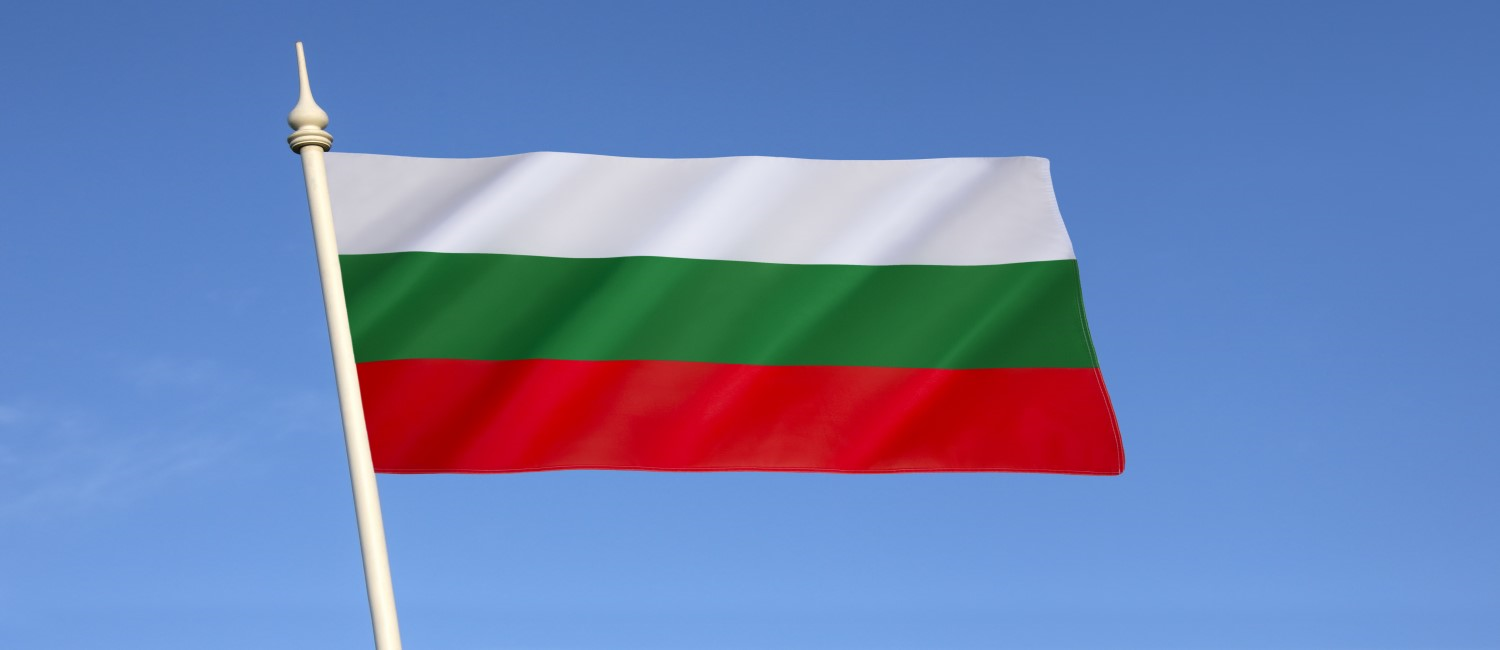Anti-money laundering (AML) is an essential aspect of the global financial system, aimed at preventing the unauthorized purchase and use of funds obtained through illegal activities such as drug trafficking, terrorism, corruption, and organized crime. Slovenia, a member state of the European Union, is actively working to strengthen its AML regulations and enforcement mechanisms to bring them into line with international standards.
FATF Status
The last follow-up to the Mutual Evaluation Report relating to implementing anti-money laundering and counter-terrorist financing standards in Slovenia was undertaken in 2023. According to that Evaluation, Slovenia was deemed Compliant for 11 and Largely Compliant for 28 of the FATF 40 Recommendations. It remains rated Highly Effective for 0 and Substantially Effective for one concerning the 11 areas of Effectiveness of its AML/CFT Regime.
While Slovenia has made efforts to align its AML/CFT measures with international standards (Compliance and Largely Compliant ratings), there is a notable gap in the effectiveness of these measures, indicating that more work is needed to ensure that they are achieving their intended objectives in the fight against money laundering and terrorist financing. This report is a critical assessment and roadmap for Slovenia to enhance its AML/CFT framework.
AML/CTF Regulators
The primary AML/CTF supervisory authority is the Ministry of Finance's Office for Money Laundering Prevention (OMLP). Under the AML Act, the OMLP can collect, preserve, examine, analyze, and disseminate pertinent information.
Other AML/CTF regulatory bodies are as follows:
- the Securities Market Agency,
- the Bank of Slovenia,
- the Agency for Public Oversight of Auditing,
- the Insurance Supervision Agency,
- the Slovenian Bar Association,
- the Financial Administration,
- the Market Inspectorate,
- the Slovenian Institute of Auditors,
- the Chamber of Notaries of Slovenia.
AML Regulations in Slovenia
Money laundering and terrorist funding are criminalized as separate offenses under the Slovenian Criminal Code. The penalties for money laundering and funding terrorism specified in the Criminal Code range from one to 15 years in jail, depending on the seriousness of the offense, and in some situations, a court may impose a fine and seizure of money and assets in addition to imprisonment.
Under Slovenian law, legal entities can face criminal charges. Depending on the seriousness of the offense, a legal entity can be sanctioned with a fine or confiscation of property, as well as winding up the legal entity.
The Prevention of Money Laundering and Terrorist Financing Act, as modified (the "AML Act"), was passed on October 20, 2016.
The AML Act imposes various penalties for failure to comply with essential obligations such as CDD, record-keeping, and suspicious transaction reporting. Fines vary depending on the type of infringement, the type of infringer, and whether the violation is initial, repeated, or systematic, and can reach up to EUR 5 million or up to 10% of the parent undertaking's annual turnover according to the parent undertaking's consolidated accounts for the previous year.
Although it appears that progress has been made in recent years in terms of ML/TF investigations, MONEYVAL has noted that the battle is not fully prioritized and that charges should be more proactive in analyzing and charging ML related to serious crime, in line with Slovenia's risk profile.
Under the AML Act, there are more than 40 kinds of enterprises, including banks, financial institutions, payment service providers, post, insurance, reinsurance firms and intermediaries, investment funds, and, in some circumstances, attorneys and notaries.
Comply with the Sanction Scanner
In Slovenia, complying with AML regulations is essential for financial institutions and designated non-financial businesses and professions (DNFBPs) to combat financial crime effectively. To assist organizations in meeting these regulatory requirements and staying ahead of the evolving AML landscape, Sanction Scanner offers innovative AML solutions. If you want to comply with the regulations and regulators in Slovenia, you may contact us and request a demo to discover Sanction Scanner's Anti-money laundering solution in the battle against financial crime.





